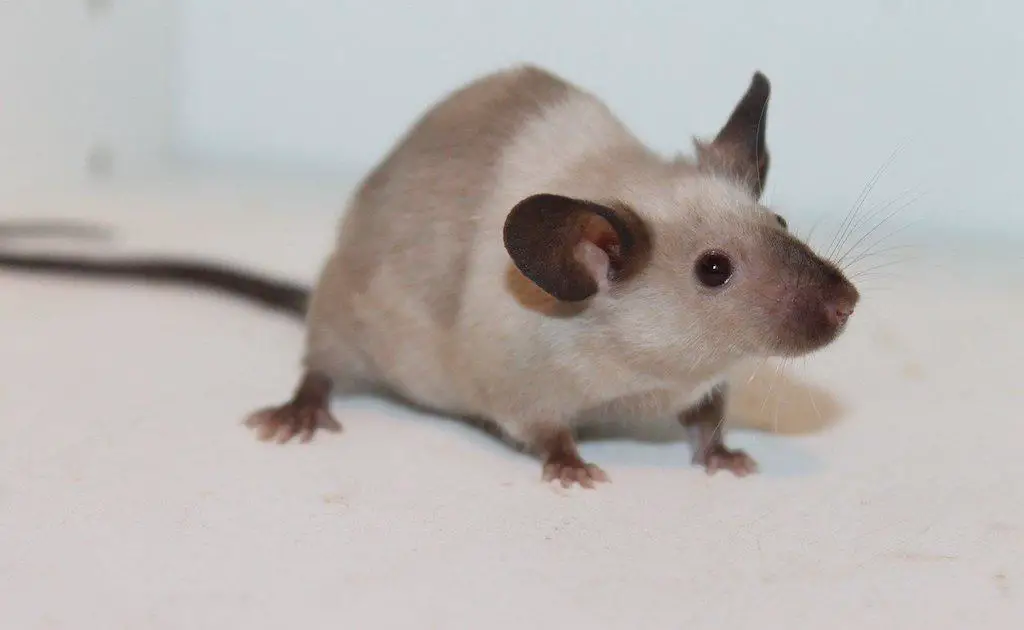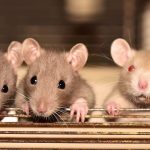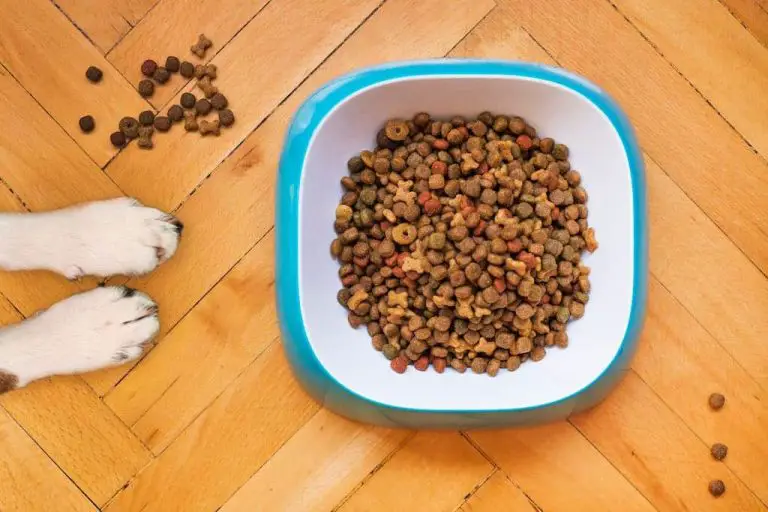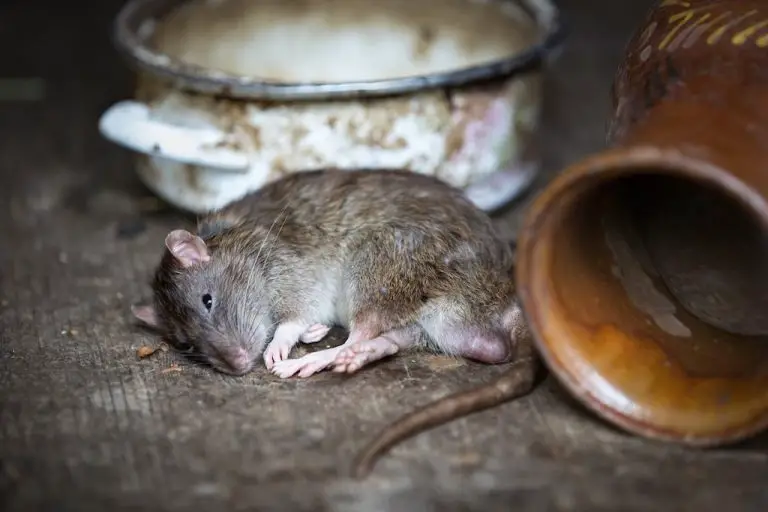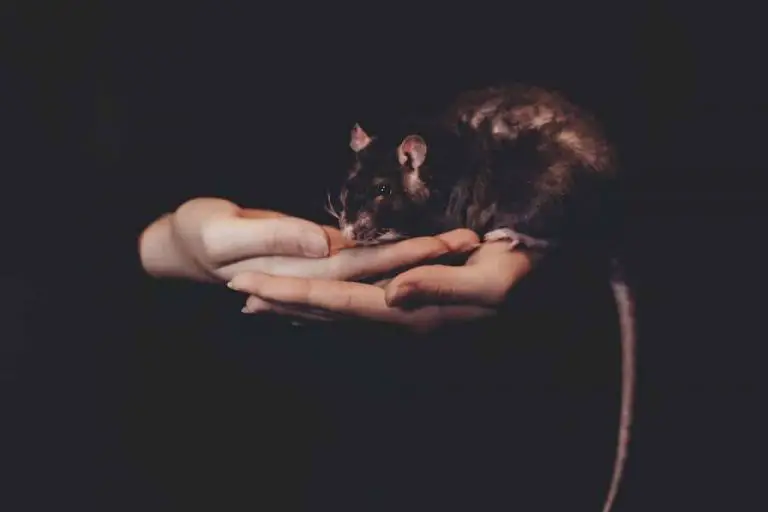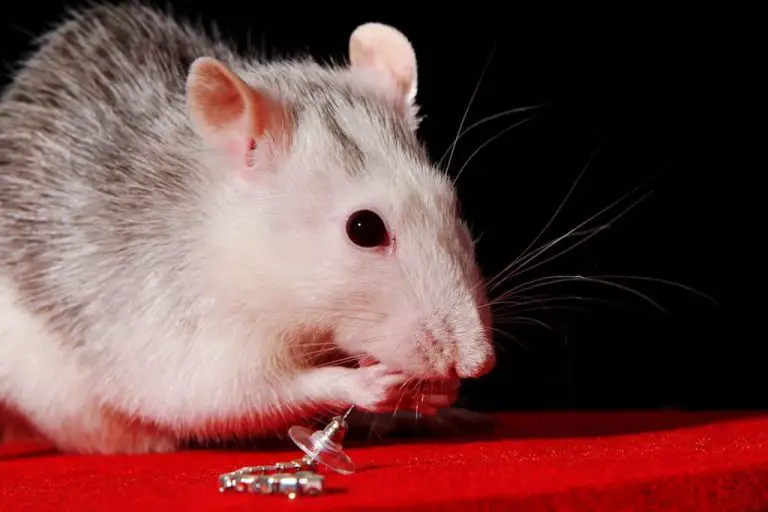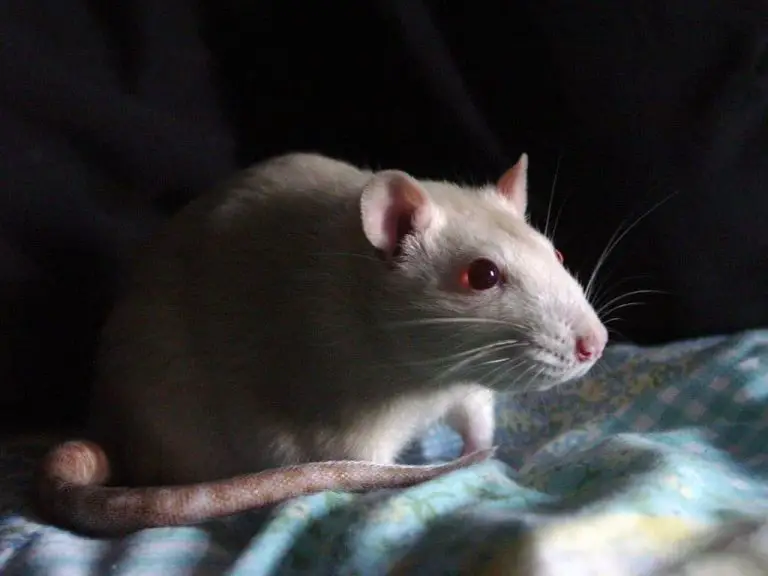Rats as Pets: Pros and Cons?
Rats have a terrible rap as being disease-ridden pests who chew through walls. Not all of this is without basis. Some of the most terrifying pandemics in world history were brought about by infestations of disease-ridden feral rats. However, today’s pet rats are hygienic, friendly, and adorable. Definitely a pet worth considering.
Rats as pets involve more pros than cons. They are hygienic, doing more self-care than virtually any other domesticated animal on the planet. Rats are also friendly, intelligent, trainable, and enjoy companionship with their human owners. They need fresh food, plenty of exercise, and a clean cage.
Rats make great pets for a multitude of reasons which we will cover here. For those who are anxiously deciding whether or not to allow a pet rat in the house, be reassured. Rats are great pets that are low-cost, low-maintenance, and make friendly, gentle companions. Keep reading to learn about the pros and cons of having a rat as a pet.
Pro: Rats as Pets are Relatively Cheap
Some rats are called “fancy rats” in the industry. This simply refers to them having been bred and socialized by a rat breeder. All rats are Norway rats. They grow to be around eight to 12 inches long, with females remaining smaller. They come in all different colors.
Rats can usually be found at any pet store, and they are one of the cheapest pets to buy.
There are a few things that rats need to thrive, which can make for a bit of an upfront investment, but when compared to practically any other pet option, the cost is minimal.
- Cage. The rat needs a cage that allows for plenty of exercise. Do not try to keep the rat in a small cage. Rats can become depressed and lethargic when they do not have enough room to nest, roam, and get active exercise.
- Toys. Rats need stimulation. They love to have tunnels, wheels and treat puzzle toys to play with when they are not receiving human interaction.
- Food. Rats can live on a pre-packaged rat diet type of food, but they are omnivorous. They thrive on fresh fruits, vegetables, bread, pasta, lean meats, yogurt, beans, and other freshly prepared foods.
- Water. Rats need purified or filtered water. Both chlorine and fluorine are toxic for rats, so filtered water is best. In addition to a cage tap for water, provide a small dish of water for playing in the home or outdoors. Rats dehydrate very quickly without a constant supply of fresh, clean water.
- Bedding. The best bedding to use is paper pellets. They can be burrowed in, are very absorbent, and are easy to change out. Best of all, the rat can not get tangled in it, and it does not give off toxic fumes.
There are many optional things to buy for rats, like special treats, travel cages, and jungle gyms. However, with the basics listed above, and plenty of personal interaction and attention, a rat can live a long, healthy, and happy rat life.
Con: Rats Have a Short Lifespan
It depends on who you are, but a short lifespan is usually considered being a con when it comes to having a pet. The rat is such an amiable and easily attached pet that the short lifespan goes by quickly and heartache quickly follows.
- The typical rat lifespan is about two to three years.
- Rats often contract diseases from dogs and vice versa. Rats should be kept separate from other household pets for the protection of both species.
- While a three-year lifespan is considered old age for a rat, it is a surprisingly short amount of time for a human. This quick loss can be heartbreaking for the people who loved it the most.
This level of attachment that a rat forms with owners in such a short time is definitely a pro to owning a rat. It has a high level of emotional intelligence and a love for interaction that makes its quick lifespan a sparkling and memorable one.
While the short lifespan of a rat is a con, the fact that people become so attached to pet rats is a testament to the lovability of the humble rat.
Pro: Rats are Fun
Rats are adventurous. They make wonderful pets both indoors and out. They can be trained to ride on a shoulder or in a pocket and tag along with an owner anywhere they want to go. There are just a few things to keep in mind when having a rat out and about.
- Rats are food and they know it. The technical term for this is neophobic. They will jump and startle at anything new because they are always wary of being a snack. Give them protection indoors from other pets and outdoors from predators such as hawks. It is not uncommon for household pets to become prey during backyard outings.
- Rats make people uncomfortable. Rats have a bad rap. As people get to know rats they come to love them. However, this takes time, and some people may be very aggressive with those who seek to enter a business, for example, toting a rat on the shoulder. Be respectful, aware, and wise. A nice pet rat is its own best PR.
- Rats will roam far and wide. Rats are naturally curious and adventurous. When they are out of the cage, as they should be as often as possible, they will roam indoors and out. They are adept at climbing, chewing, tunneling, and getting themselves lost. Those who allow the rat to roam must be present and attentive at all times.
Rats are highly intelligent, making them quickly trainable. They can be trained to use a toilet area and then hold their bowels until the correct time and place. They can be trained to use obstacle courses, do mazes, and accompany humans as they go about their work.
Rats have been compared to companion dogs in terms of intelligence, trainability, and empathy.
Pro: Rats are Incredibly Clean
Rats may be notorious for filth, but that is not their fault. As a species, they are clean to a fault. People are usually surprised to discover that their pet rats spend over half of their waking hours grooming. They enjoy cleanliness and obsess about it. When a rat is stinky and dirty, it is usually because of the owner.
- A rat’s bedding should be changed daily. This does mean more work for the owner, which is a con, but the pro is that the rat will be smell-free and the room housing the rat will be smell-free. Cedar chips will not mask the smell of rat urine. Rather it gets more smelly and emits fumes that are toxic to the rat. Choose cleanliness instead.
- A rat may need help with hygiene as it ages. This is usually limited to gentle nail clipping and maybe some help keeping the long tail as clean as can be.
- Give the rat access to fresh, clean water at all times. Rats drink water about every 20 minutes during waking hours. Give fresh water daily and clean the water bottle thoroughly at least once a week so the rat is not drinking mold or mildew spores.
A pet that is as clean as a rat is a dream come true for most pet owners. When people work with rats to give them as clean of an environment as possible, owning a pet rat is one of the most hygienic choices around.
Rats make great pets for people who dislike having smelly pets around. With a little bit of work, you can keep rats clean and they will thank you for it.
Conclusion
Rats make wonderful, clean, sociable, and intelligent pets. Their basic needs include fresh food, clean water, socialization, a sanitary environment, and plenty of exercise. When they are given these things, they attach quickly to their human owners, making wonderful companion pets.

